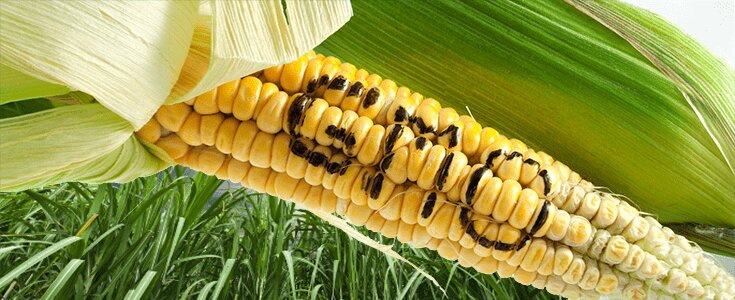Lift of ban on GMOs ought to be handled cautiously
By PD columnist, December 22, 2022Since the ban on the importation and cultivation of Genetically Modified (GM) crops in the country was lifted by the government, there has been an outcry and a mixture of feelings about it.
Gene modification technologies could be robust tools in dealing with the effects of climate change, pesticide resistance and crop and animal diseases.
However, their use to boost food security relies on the overall public acceptance of the technologies. A general understanding of the science behind the development of GMOs, as opposed to anecdote evidence, is key to engaging support for GM technologies.
Public apathy associated with GMOs is linked to the political and socio-economic structures in which GM crops are developed and distributed. While lifting the ban may be seen as a move to provide immediate food supply to Kenyans dying of hunger, the consequences may include unforeseen long-term effects if not handled carefully.
Steps must be taken to enhance public acceptance of GM crops and fend off a potential problem that may emanate from the interplay between the interest of multinational corporations and local crop production and distribution systems.
First, a comprehensive risk assessment is required before bombarding arable land with GM crops or allowing farmers to plant GM crops without a proper evaluation of potential risks to biodiversity.
This can be achieved by investigating GM crops on a long temporal scale and under varying agroecological conditions. The traditional gene pool of non-GM crops such as wheat, maize and rice must be maintained.
Secondly, the government should formulate local regulations and guidelines for introducing GMOs. This can be accomplished by ensuring proper labelling of GM products and ensuring GMOs introduced into the Kenyan market have undergone appropriate scientific scrutiny to avoid creating a ‘dumping site’ by profit-oriented actors.
Potential biotech and agribusinesses operating in Kenya should also be regulated to prevent them from creating monopolies. This will cushion the small-scale farmers.
Monopolies created by large biotech companies such as Monsanto and Bayer have been shown to negatively affect small-scale farmers in India and other countries, including eliminating competition and fixing prices of crops such as cotton.
Thirdly, Parliament should pass laws to cushion farmers against potentially unfair lawsuits by biotech companies accusing them of stealing patented seeds that have inadvertently contaminated their farms through natural vectors.
Although buffer zones could be erected to demarcate GMOs and non-GMO farmlands to prevent cross-contamination, new or existing legislation can protect farmers against any possible lawsuits.
Fourthly, through Kenya Agricultural and Livestock Research Organization (Kalro), a local public library of seed and a well-funded biotechnology research organization should be established to keep track of the biodiversity of different food crops and conduct independent research locally for the public good.
Local scientists could play a vital role in helping farmers identify unwanted GM crops and eliminate them to prevent cross-contamination. Additionally, local scientists should be incentivised to research water-efficient and drought-resistant genetic modifications tailored to Kenya’s land and climate.
Genetically modified crops are not a panacea to food insecurity but part of alternative ways the government could utilise to address the problem.
Other steps must also be taken to feed the growing population. For instance, the defunct Galana Gulalu project, which stalled in 2019, should be revived to increase production and strengthen food reserves.
Similarly, the colossal aquifers discovered in Turkana could provide an adequate water supply in the country if exploited. More importantly, a series of measures highlighted by President William Ruto during Mashujaa Day celebrations to boost productivity in the country, if faithfully executed, could dramatically increase output and offer long-term solutions to food insecurity and the effects of climate change.
This will largely depend on political goodwill and corruption-free political and social systems.
—The writer is a PhD Student at Stockbridge School of Agriculture
University of Massachusetts (Amherst) jkiunga@umass.edu
